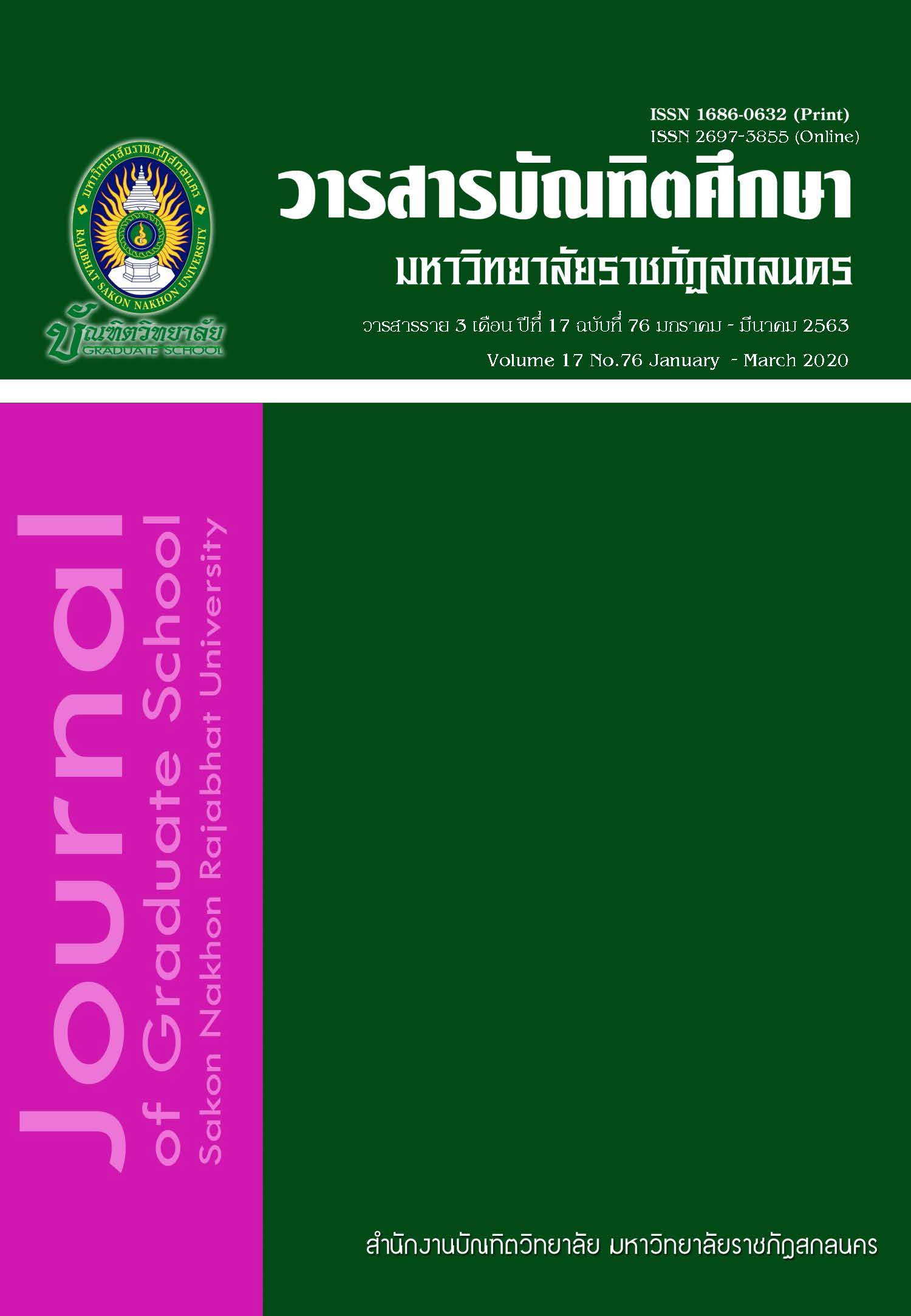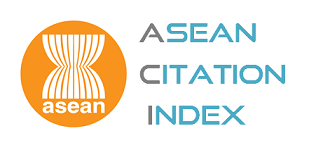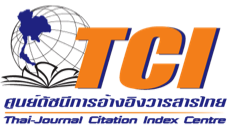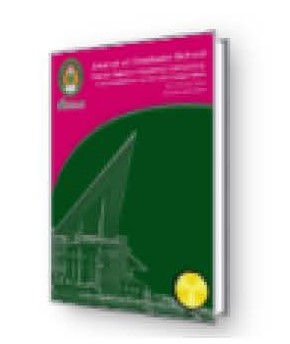แนวทางการบริหารจัดการในห้องเรียนในโรงเรียนประถมศึกษา สังกัดสำนักงานเขตพื้นที่การศึกษาประถมศึกษาอุดรธานี เขต 4
Keywords:
Classroom management, GuidelinesAbstract
The purposes of this research were: 1) to examine problems and expectations in classroom management in primary schools, 2) to find classroom management guidelines in primary schools, and 3) to evaluate classroom management guidelines in primary schools. The research process consisted of three phases: Phase I: Exploring the problems and expectations in classroom management in primary schools: The samples, selected through stratified random sampling, were 272 teachers under Udon Thani Primary Educational Service Area Office 4. The research instrument was a 5-level rating scale questionnaire concerning problems and expectations with the reliability of 0.89 and 0.86, respectively. Data were analyzed for mean and standard deviation. The findings were as follows: the problems were at a high level and the expectation was at the highest level. Phase II: Establishing the classroom management guidelines in primary schools. The informants, obtained through a purposive sampling, were 12 persons. The semi-structured interview was carried out for data collection, and presented in a format of content analysis. The findings were as follows: The guidelines for classroom management in primary schools comprised five aspects: 1) leadership, 2) classroom management capabilities, 3) quality of communication skills, 4) ability of utility coordination, and 5) ability to utilize recent innovations for management. Phase III: Guideline Evaluation. The developed guidelines were assessed by seven experts. Data were analyzed by using mean and standard deviation. The evaluation form on guidelines for classroom management was a 5-level rating scale questionnaire. The results revealed that the utility, feasibility, propriety, and accuracy standards of the developed guidelines were at the highest level in overall.
Downloads
Published
How to Cite
Issue
Section
License
บทความทุกบทความที่ตีพิมพ์ในวารสารบัณฑิตศึกษา มหาวิทยาลัยราชภัฏสกลนคร ถือว่าเป็นลิขสิทธิ์ของบัณฑิตวิทยาลัย มหาวิทยาลัยราชภัฏสกลนคร










